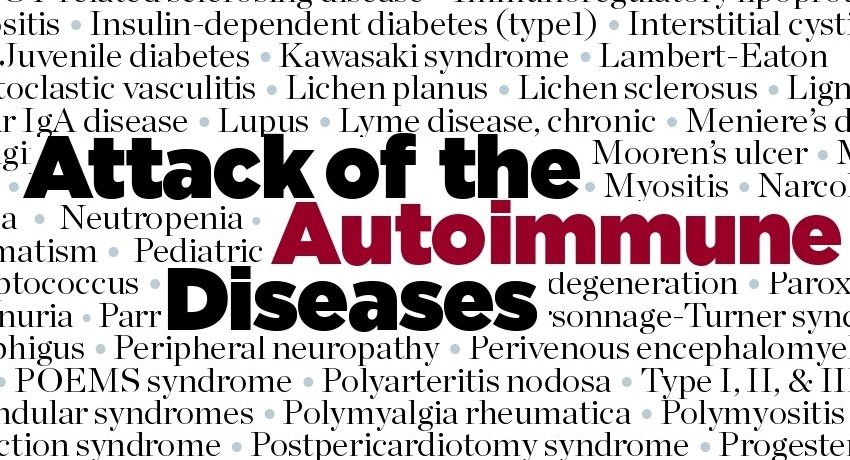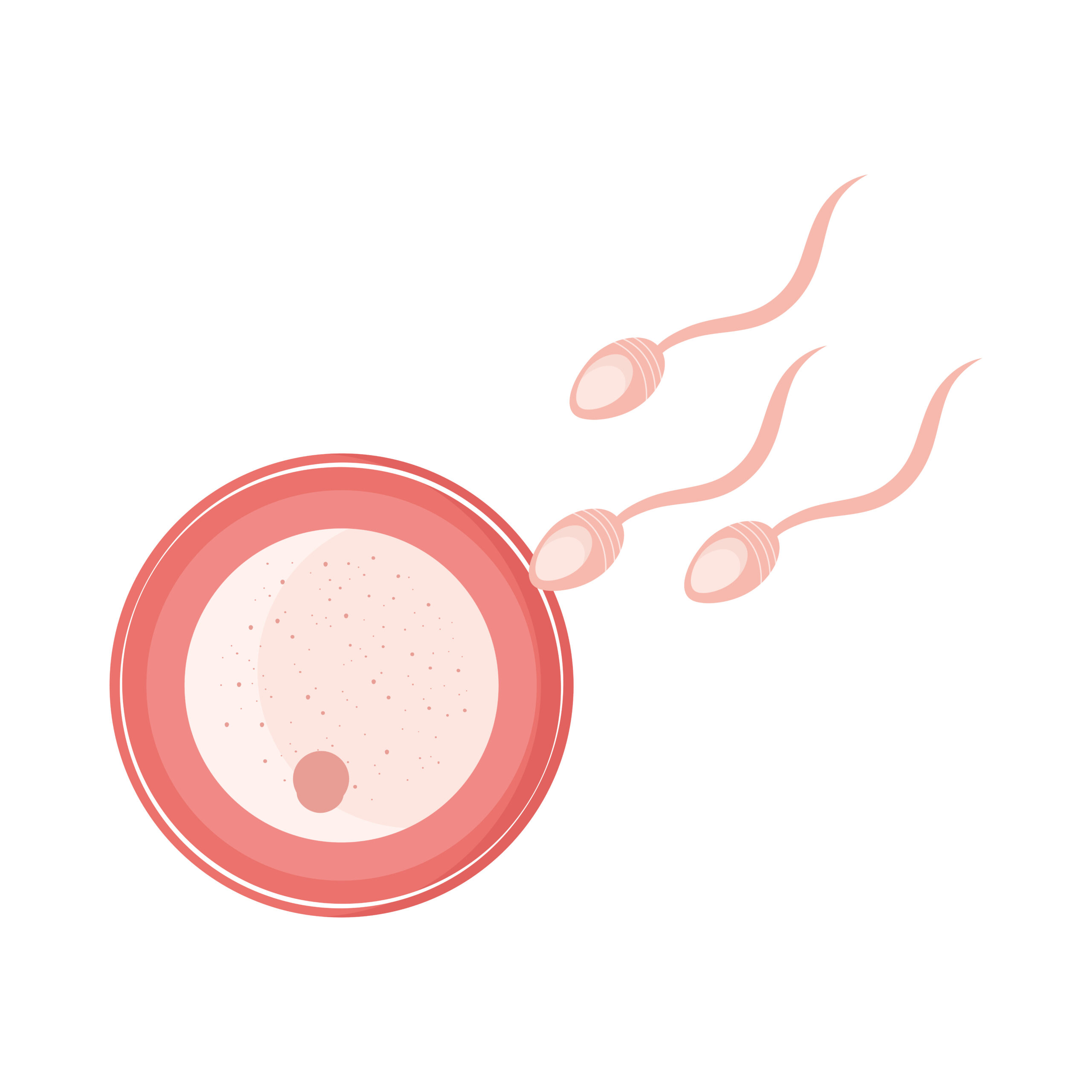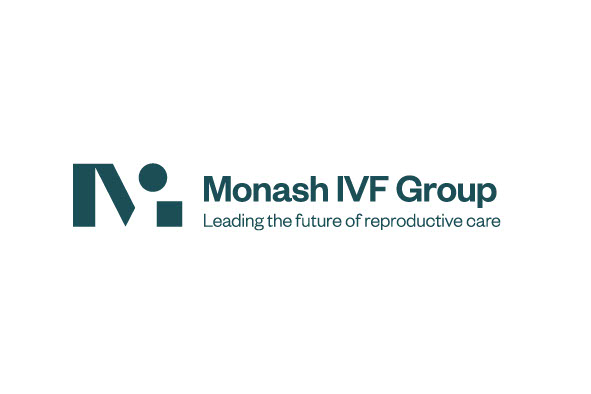What about natural killer cells and possible immune activity?
Generally the role of the immune system is to fight off infection, such as bacteria and viruses. The foetus is classified with a different genetic pattern from the mother, as it contains genetic material from the father. Thus, the immune system can see the foetus as a foreign body. In a normal pregnancy, the body suppresses the normal immune response and the foetus is not rejected (Human Fertilization & Embryology Authority 2010).
Natural killer cells are a type of white blood cell and component of the innate immune system (Ntrivalas et al. 2001). NK cells can be found in the blood and also in the uterine lining during early pregnancy – these are known as uterine NK cells. It is now thought that natural killer cells have some involvement in repeated spontaneous abortions (RSA). NK cells originate from the bone marrow, and make their way to the endometrium or decidua via the interaction between integrin β2α and the adhesion of molecule-1 through the blood. Studies have also found the phenotype of uterine NK cells (CD25bright CD16–) is different from that of the NK cells found in peripheral blood (CD56dim CD16+), meaning that testing NK cells in the blood may not be a clear indicator (Rai et al. 2005). Rai et al. (2005) also documented a reduced rate of implantation associated with an increased absolute count of activated NK cells (CD56dim CD16+ CD69+), and CD56+/ CD69+ cells have been found to be more common in the decidua of patients who have had an RSA, compared with those from a normal pregnancy (Ntrivalas et al. 2001). With recurring spontaneous abortion (RSA), patients have been found to show around 12.3 per cent total CD56+ compared with only 6.59 per cent in patients with a normal pregnancy (Ntrivalas et al. 2001). Furthermore, RSA patients have been found to show 13.1 per cent in total for CD56dim, and 7.29 per cent in patients with a normal pregnancy (Ntrivalas et al. 2001).
Some ART clinics offer blood tests to identify levels of NK cells, although these will only test the natural killer cells present in the blood and not the NK cells in the uterine cells. Treatments that are offered are high-dose steroids, intravenous immunoglobulin (IVIg), and tumour necrosis factor-a (TNF) blocking agents (Human Fertilization & Embryology Authority 2010). Use of these treatments comes with potential risks, which patients must understand before beginning. Some of these risk factors include headaches, muscle pain, fever and chills, lower back pain, blood clots and kidney failure. Examples of the more extreme risks include the introduction of infections such as hepatitis and HIV, or the onset of lymphatic cancer or tuberculosis (Human Fertilisation & Embryology Authority 2010).
Not only do these treatments carry side-effects, but also they are not licensed in reproductive medicine, nor is there any widely stated conclusive evidence that they work. As such, patient consents must be signed, dated and witnessed (Human Fertilisation & Embryology Authority 2010). Some people use the treatments in conjunction with other drugs, alternative natural therapies and anti-inflammatory foods. Dietary approaches as a brief overview is presented below.
Healthy eating to support the immune system
Foods that are high in sugar and saturated fats (fried and fatty foods) can cause over activity of the immune system, while omega-6 and animal fats can lead to inflammation, fatigue and damaged blood vessels (Pizzorono, Murray and Joiner-Bey 2002). Anti-inflammatory properties can be gained from a diet of foods that are high in vitamin C and fibre, for example fresh beetroot, as well as oily fish high in omega-3 such as salmon, mackerel, tuna and sardines (Hart 2014). An increase in wholegrains is recommended while avoiding refined grains, such as white breads, cereal, rice and pastas, which can cause inflammation responses to worsen (Hart 2014). Wholegrains have less sugar, and are found to have more fibre.
Eating dark leafy greens is also important, as these contain vitamin E, which protects the body from inflammation-causing cytokines (Byrd-Bredbenner et al. 2009). Highest concentrations of vitamin E can be found in spinach, kale and broccoli; these vegetables also contain good levels of calcium and iron (Hart 2014).
Almonds and walnuts are another good source of vitamin E, fibre, calcium and alpha linoleic acid (ALA) (Hart 2014). Yellow and red capsicum, and chili, are all high in anti-oxidants and have anti-inflammatory properties (Hart 2014). Turmeric and ginger have been shown in studies to have an anti-inflammatory effect (Surh 2002). Turmeric helps to turn off NF-kappa B, which is a protein in the body that regulates the immune system and triggers the inflammation process (Surh 2002). All berries are high in anti-oxidants and have anti-inflammation properties, while tart cherries are said to have the highest anti-inflammatory content of any food (Hart 2014).
Natasha Dunn – Embryologist, yoga teacher and contributor to the Fertility Lifestyle Program.


